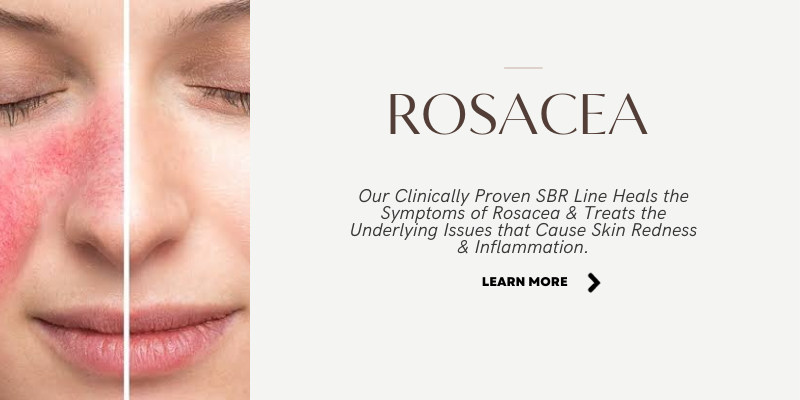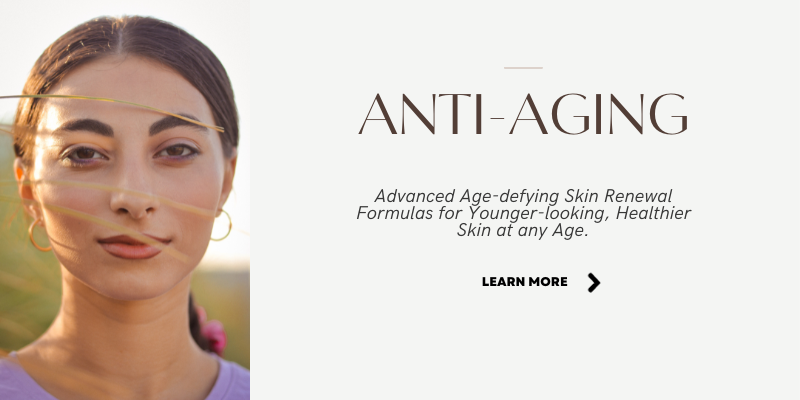Most people don’t realize that according to the FDA and the EWG (Environmental Working Group, a governmental watchdog organization on safe product ingredients), the only approved or GRAS (Generally Recognized as Safe) UV blockers or Sunscreens are Zinc Oxide and Titanium Dioxide. These are also the most effective ingredients when it comes to broad-spectrum sun protection.
As one of the pioneers in discovering the efficiency of physical sunscreens, Puraveda Organics utilizes as its primary active ingredient Zinc Oxide in its Award-Winning SunProtect SPF30+ – clinically proven for its highly efficient & safe results with – 98% sun protection.
However, being an Ayurvedic-based brand, we also incorporate some incredibly beneficial natural UV-blocking SPF oils in our sunscreen. These botanically based oils play parallel roles in naturally safeguarding and healing damaged skin from UV rays.
What are these oils?
1. Coconut Oil
Coconuts are practically synonymous with thoughts of tropical beaches, islands, sand, and the sun. And Coconut oil is loaded with nutrients and has a natural SPF of 2-8. This means pure Coconut oil can shield the skin for about 45 minutes by blocking ~50 to 75% of the UV rays.
Although this amount of natural SPF is not sufficient for a long day in the sun, it provides basic UV protection along with the power of free radical scavenging and skin nourishment – thanks to its antioxidant-rich components.
Pure Cold-pressed Coconut oil also balances excess Pitta and Vata dosha with its skin-deep moisturizing abilities.
2. Carrot Seed Oil
A compound called umbelliferone in Carrot Seed Oil is known to absorb UVB light. Research has shown that Carrot Seed Oil has an SPF of 38-40 and is very helpful in preventing hyperpigmentation or freckling/sunspots/melasma.
3. Sesame Oil
According to Ayurveda, cold-pressed Sesame Oil has numerous skin and hair benefits. This is primarily due to its high fatty acids and vitamin (E and B-complex) content. The amber oil is very effective in reducing scars and uneven pigmentation on the skin. Sesame oil is lightweight and absorbs instantly (thus, suitable for Kapha dosha) with an SPF of 4.
4. Shea Butter
A Mineral-based sunscreen + Shea Butter is a match made in heaven. African Shea Butter has an estimated SPF of 3-6.
The butter generated from this tree nut is rich in linoleic Acid, vitamins E and A. Thus, it has superior hydrating effects, as well as providing anti-aging benefits. Shea Butter can be used to improve the skin’s natural barrier, as well as soothe and heal the skin.
5. Hempseed Oil
With an a UV protection factor of 6, as well as antioxidants and Gamma Linoleic Acide (GLA), Hempseed oil protects and heals skin from damage caused by UV radiation. The oil can deflect some UVB rays, while also allowing Vitamin D to absorb into the skin. Hempseed oil is very effective in moisturizing and calming the skin from sunburn.
Beyond sun protection, Hemp oil keeps skin soft, reduces liver spots/sun spots, and treats wrinkles, making it a natural anti-aging ingredient to lessen the visible signs of aging.
6. Sweet Almond Oil
With an SPF of 5, Sweet Almond Oil can absorb and break down some of the prolonged damage from UV rays inherent in prolonged sun exposure. This is done by accelerating cellular turnover in aging-prone areas such as frown & forehead lines, and in the skin around the eyes, neck, and décolletage.
These carrier oils are blended with other botanical extracts and essential oils like Citronella and Limonene (Lemongrass) for a clean fragrance and skin benefits.
Can you combine these oils to get the desired SPF?
The answer is NO.
The American Academy of Dermatology (AAD) recommends using sunscreen with a SPF rating of at least 30. Whether you layer different SPF-enriched products or these natural SPF oils, they can’t be individually combined for the desired SPF number.
Can the SPF of the Natural Oils be Inconsistent?
Since the raw ingredients can be obtained from different batches, the actual SPF value may be different from lab-tested ratings. This is why they are often said to range between a certain value. Dilution or oil interaction with other substances may also alter the SPF value and its ability to absorb UV rays.
Do these Natural SPF oils protect against both UVA and UVB?
The SPF is only an indicator of protection against UVB rays. However, there are about 500X times more UVA rays reaching the earth’s surface than UVB rays. While B rays have been widely considered to be responsible for causing DNA damage and aging, A & C rays also are problematic and do cause damage on their own.
Therefore, broad spectrum (UVA, UVB, and UVC) sun protection with Zinc Oxide is an overriding essential for effective sun protection.
The abovementioned natural SPF oils, though beneficial in other aspects and basic protection, haven’t been scientifically proven to give such ‘broad-spectrum’ sun protection.
Next up, we will be discussing Toxic Ingredients to Avoid in Sunscreen.



